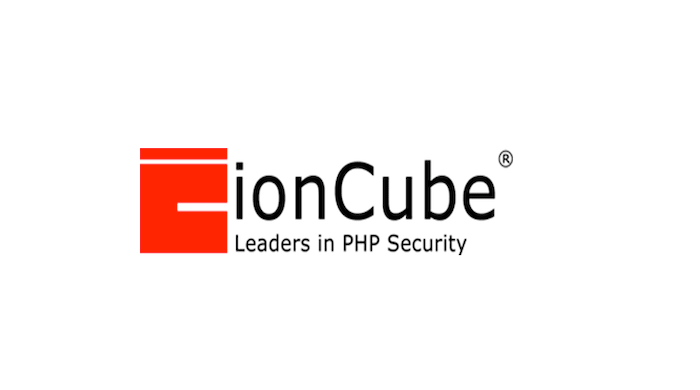
In this tutorial, we will show you how to install IonCube Loader on Debian 11. For those of you who didn’t know, IonCube is a PHP extension that can be used for decoding secured encrypted PHP files at runtime. The IonCube encoder is used by commercial PHP program vendors to protect applications and the loader. IonCube needs to be installed in your webserver and made accessible to your PHP to use it.
This article assumes you have at least basic knowledge of Linux, know how to use the shell, and most importantly, you host your site on your own VPS. The installation is quite simple and assumes you are running in the root account, if not you may need to add ‘sudo‘ to the commands to get root privileges. I will show you through the step-by-step installation of the IonCube Loader on a Debian 11 (Bullseye).
Prerequisites
- A server running one of the following operating systems: Debian 11 (Bullseye).
- It’s recommended that you use a fresh OS install to prevent any potential issues.
- A
non-root sudo useror access to theroot user. We recommend acting as anon-root sudo user, however, as you can harm your system if you’re not careful when acting as the root.
Install IonCube Loader on Debian 11 Bullseye
Step 1. Before we install any software, it’s important to make sure your system is up to date by running the following apt commands in the terminal:
sudo apt update sudo apt upgrade
Step 2. Installing IonCube Loader on Debian 11.
By default, IonCube Loader is available on Debian 11 base repository. Now run the following command below to download the IonCube installer from the official page:
wget https://downloads.ioncube.com/loader_downloads/ioncube_loaders_lin_x86-64.tar.gz
Next, extract the downloaded file with the following command:
tar -xzf ioncube_loaders_lin_x86-64.tar.gz -C /usr/lib/php
Step 3. Configure IonCube.
Now we create an IonCube configuration file and define the path of the IonCube source:
nano /etc/php/7.4/apache2/conf.d/00-ioncube.ini
Add the following line:
zend_extension = /usr/lib/php/ioncube/ioncube_loader_lin_7.4.so
Save and close the file then restart the Apache or Nginx web server for the IonCube Loader to come into effect:
sudo systemctl restart apache2 sudo systemctl restart nginx sudo systemctl restart php-fpm
Let’s verify the installation and configuration of the IonCube PHP module:
php -v
Output:
PHP 7.4.6 (cli) (built: Feb 04 2022 17:05:56) ( NTS )
Copyright (c) The PHP Group
Zend Engine v3.4.8, Copyright (c) Zend Technologies
with the ionCube PHP Loader + ionCube24 v10.4.5, Copyright (c) 2002-2020, by ionCube Ltd.
with Zend OPcache v7.4.3, Copyright (c), by Zend Technologies
Congratulations! You have successfully installed IonCube. Thanks for using this tutorial for installing the latest version of the IonCube Loader on Debian 11 Bullseye. For additional help or useful information, we recommend you check the official IonCube website.